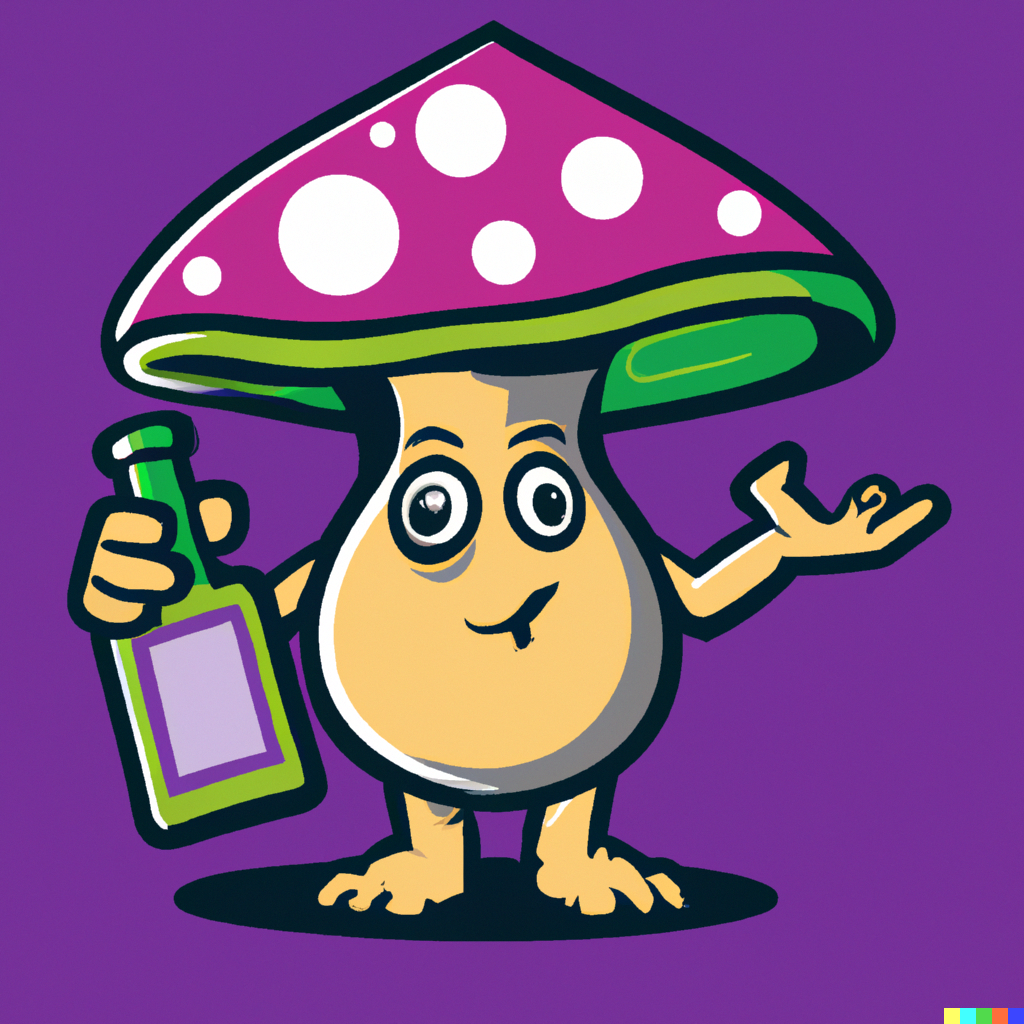
A recent study suggests that psilocybin, the active compound in "magic mushrooms," combined with psychotherapy, can be a valuable treatment option for individuals struggling with alcohol consumption. The clinical trial demonstrated that two doses of psilocybin, accompanied by talk therapy, led to significant reductions in drinking for at least eight months after the initial treatments.
Dr. Michael Bogenschutz, Director of the NYU Langone Center for Psychedelic Medicine, expressed optimism about the clinical potential of harnessing psilocybin's effects. The study aimed to explore whether psilocybin, in conjunction with therapy, could help individuals curb cravings and reduce their alcohol intake.
The trial involved 93 adults, aged 25 to 65, who were randomly assigned either psilocybin or placebo antihistamine pills. All participants underwent 12 therapy sessions, and before the trial, they typically consumed seven drinks per occasion.
The results showed remarkable progress, with over 80% of those receiving psilocybin significantly decreasing their alcohol consumption, compared to only 50% of those on the placebo. By the study's conclusion, approximately half of the psilocybin recipients had completely quit drinking, while about a quarter of the placebo group achieved the same outcome.
Initiated in 2014 by NYU Langone Health, the trial included collaboration from researchers at the University of Alabama at Birmingham and the University of New Mexico.
These findings are part of the broader exploration of psychedelic-assisted therapies, such as psilocybin and ketamine, for addiction and mental health issues, which holds immense promise in transforming treatment methods.
Dr. Matthew Johnson, a professor of psychiatry and behavioral sciences at Johns Hopkins University, affirmed that the results align with growing evidence supporting the effectiveness of psilocybin and similar psychedelics in treating various types of addiction.
Participants in the study reported transformative experiences or visions that significantly impacted their relationship with addiction.
Dr. Bogenschutz stressed the individualized nature of psilocybin experiences, with each person's brain adapting the effects based on their unique needs and circumstances.
Dr. Chris Stauffer, an assistant professor of psychiatry at Oregon Health & Science University, highlighted that previous studies consistently demonstrated that greater therapeutic changes were associated with profound mystical experiences in psilocybin-assisted psychotherapy trials for substance use disorders.
Researchers believe that psilocybin may be a game-changer in treating alcohol use disorder due to its more significant effects compared to existing treatments, and the benefits persisting even after the treatment is completed. As investigations into psychedelic therapies gain momentum, the future looks promising for new avenues in addiction treatment.

